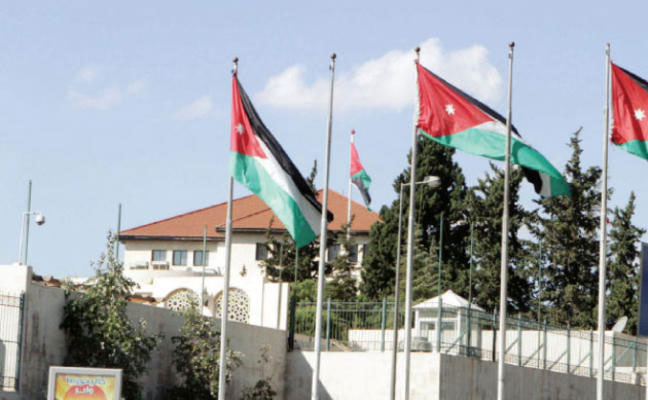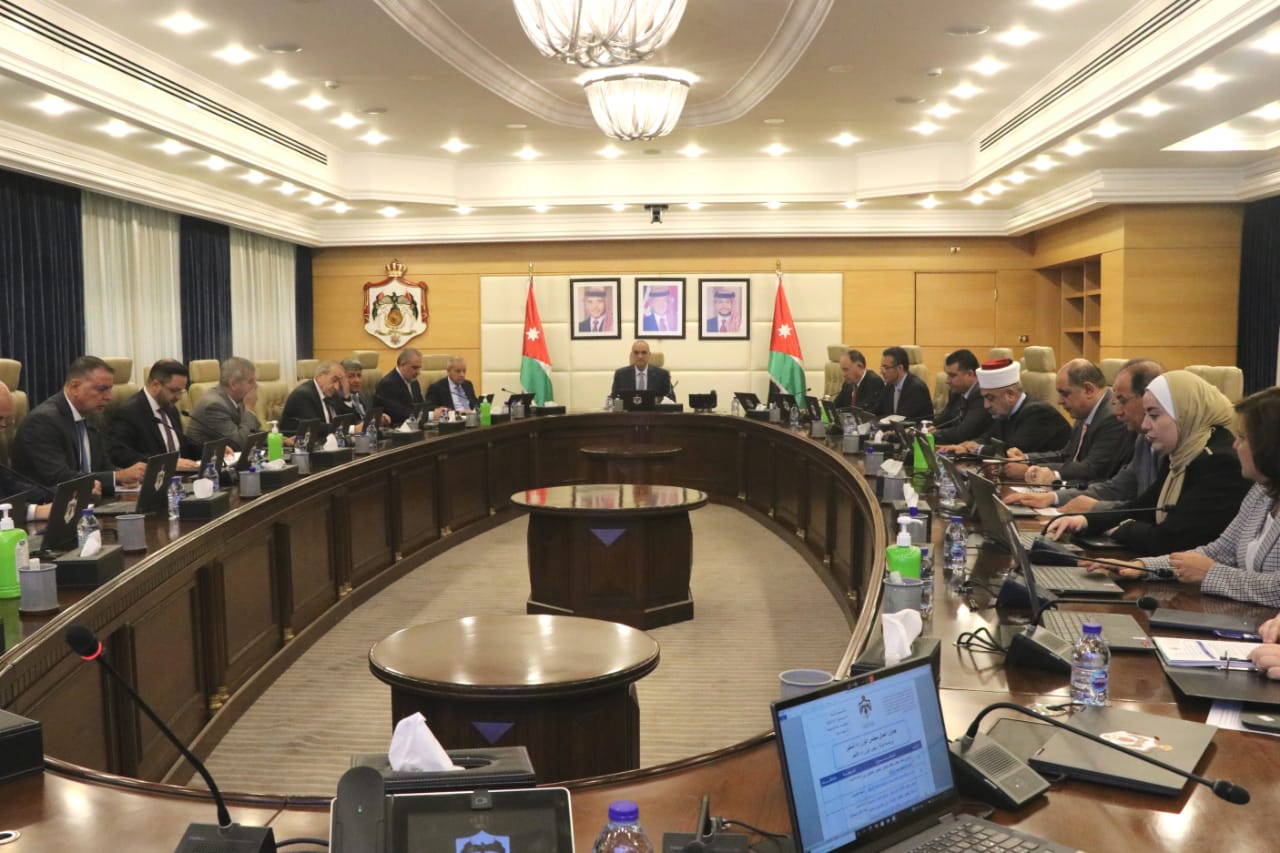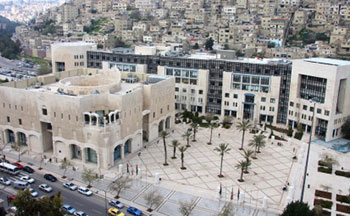 Supreme Judge Department
Supreme Judge Department
Supreme Judge Department

General Information
Historical Background:
Religious legislation is deep-rooted and well entrenched in our land and in the
The number has now grown to fifty-nine courts during the Hashemite rule, which has nurtured them and offered them attention and care. The Religious Judge, at the outset of government formation, used to deal with all types of penal and judicial cases. Regular judiciary was then separated from religious judiciary and special conciliation and first instance courts following the Ministry of Justice were allocated, and religious judiciary was restricted to personal stays cases and was allocated courts of law following the Supreme Judge. The Supreme Judge Department had been overseeing the management of religious property (Waqf), in the Kingdom until the beginning of 1968, when it separated and the Ministry of Awqaf was then established. The Supreme Judge Department is an independent government department connected directly to the Prime Minister.
The Supreme Judge Department also oversees the
Tasks of the Supreme Judge Department:
The Supreme Judge Department undertakes the following tasks:
First. Administrative Tasks:
1. Provide administrative supervision of the religious courts and its judges to assure the smooth application of justice according to current religious and legal principles.
2. Provide the courts’ and judges’ material and human requirements to achieve the objectives of maintaining the purity of justice.
3. Check the legal applications and procedures that the Department receives, to assure that they fulfill the requirements stipulated in current religious and legal principles.
4. Supervise the care for orphans’ affairs.
5. Check the schedules and records received from the religious courts.
6. Compile and evaluate the statistics related to the work procedures of the religious courts and report to the Prime Minister.
7. Train the Department’s employees.
8. Supervise the work of lawyers and the certified legal religious councils.
Second. Judiciary Tasks:
These are undertaken by the Religious Judiciary Council, which is composed of the following five members:
1. Chief Judge of the Religious Court of Appeals/ Chairman
2. Director of the Religious Courts/ Member
3. The oldest two judges from the Religious Court of Appeals/ Members.
4. Religious Courts Inspector.
The Religious Judiciary Council performs the following authorities:
1. Appoints religious judges, and manages their transfers and promotions
2. In charge of termination of judges posts and loss of positions
3. Transfers judges outside the corps of judges.
4. Secondment of judges, if the secondment period exceeds three months.
5. Accepts judges’ resignation.
6. Places judges on retirement.
7. Tries and penalizes judges.
Tasks of the Supreme Judge:
The Supreme Judge undertakes the management of the Department, practicing the authority of a minister in running its affairs connected directly to the Prime Minister. In addition he reserves the right to supervise all religious courts of law and judges. In addition he is Chairman of the Board of the Management and Development of the Orphans Fund Corporation, and chairs the Corporation and its Board of Trustees.
Contact Information
- Address
- Shmeisani/ Musa Al-Saket street/ Next to the Ministry of Culture, Building No. 35
- Telephone
- (962) 6 560 7263
- ZIP Code
- ------
- Website
- www.sjd.gov.jo
- Fax
- (962) 6 566 9554





